The recent terrorist attack in Pahalgam, Kashmir, has escalated tensions between India and Pakistan, sending shockwaves across the region. The attack, which targeted civilian tourists, is one of the deadliest in Kashmir since the 2019 Pulwama attack. This latest incident has triggered a dangerous tit-for-tat escalation, with both countries trading blame and retaliatory measures. The situation is precarious, with fears of a military confrontation between the two nuclear-armed nations.
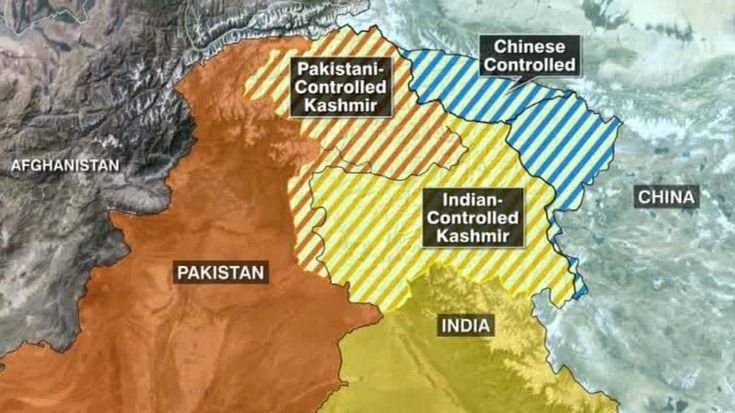
The Attack and its Significance
The terrorist attack in Pahalgam on April 22, 2025, killed 26 civilians, making it one of the most devastating attacks in Kashmir in recent years. It comes just a few months after the Pulwama attack, which also targeted Indian paramilitary forces and further strained relations between India and Pakistan. This attack is particularly alarming because it targeted ordinary tourists, reflecting the growing volatility in the region.
The Resistance Front (TRF), a militant group with ties to Lashkar-e-Taiba (LeT), has claimed responsibility for the attack. LeT, a Pakistan-based terrorist organization, has a long history of conducting attacks on Indian soil, including the infamous 2008 Mumbai attacks and the 2001 Indian Parliament attack. Despite being banned by Pakistan in the early 2000s, LeT continues to operate, with its influence persisting through proxy groups like TRF, which was formed after India revoked Article 370 in 2019, stripping Jammu and Kashmir of its special status.
India’s Response: Accusations and Retaliation
India has swiftly blamed Pakistan for its role in facilitating these attacks, with many Indian officials arguing that the Pakistani military and intelligence services indirectly support these terrorist groups. While Pakistan’s government has denied any involvement, the attack follows a troubling pattern of violence that escalates whenever Pakistan feels excluded from international discussions, particularly in the context of Kashmir.
The timing of the attack is significant, as it coincides with growing diplomatic activity between the United States and India. U.S. President Donald Trump, within his first 100 days in office, had met with Indian Prime Minister Narendra Modi, and U.S. Vice President JD Vance was in New Delhi during the attack. This geopolitical backdrop provides a possible motive for the attack as militants seek to draw global attention to Kashmir amidst the changing dynamics of U.S.-India relations.
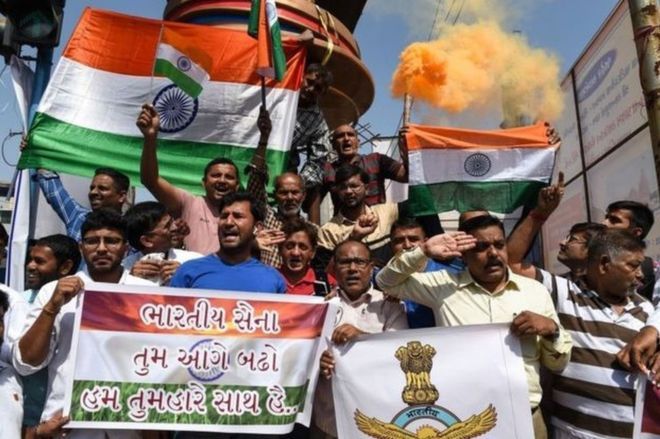
U.S.-India Coordination: Will There Be a Response?
Although U.S. officials, including President Trump, have expressed strong support for India following the attack, a coordinated security response between the U.S. and India seems unlikely. India prefers to handle the Kashmir issue unilaterally, asserting its sovereignty over the region. Trump’s support on social media, while politically significant, may not translate into tangible action, as both countries have their own strategic interests in Kashmir.
The Indus Waters Treaty: A Crucial Flashpoint
One of the most significant developments in the aftermath of the attack has been India’s statement that it will suspend its participation in the Indus Waters Treaty (IWT). The IWT, signed in 1960 with the mediation of the World Bank, regulates water distribution between India and Pakistan. For decades, it has served as a critical framework for managing the waters of the Indus River system, which is vital to Pakistan’s agricultural economy.
If India goes through with suspending the treaty, it could cut off water supplies from two major rivers—Jhelum and Chenab—that flow into Pakistan. This would be an unprecedented move that could have devastating consequences for Pakistan’s agriculture and water security, which are already under significant stress due to a growing water crisis. The suspension of the IWT would also likely be considered an act of war by Pakistan, further heightening the risk of military confrontation.
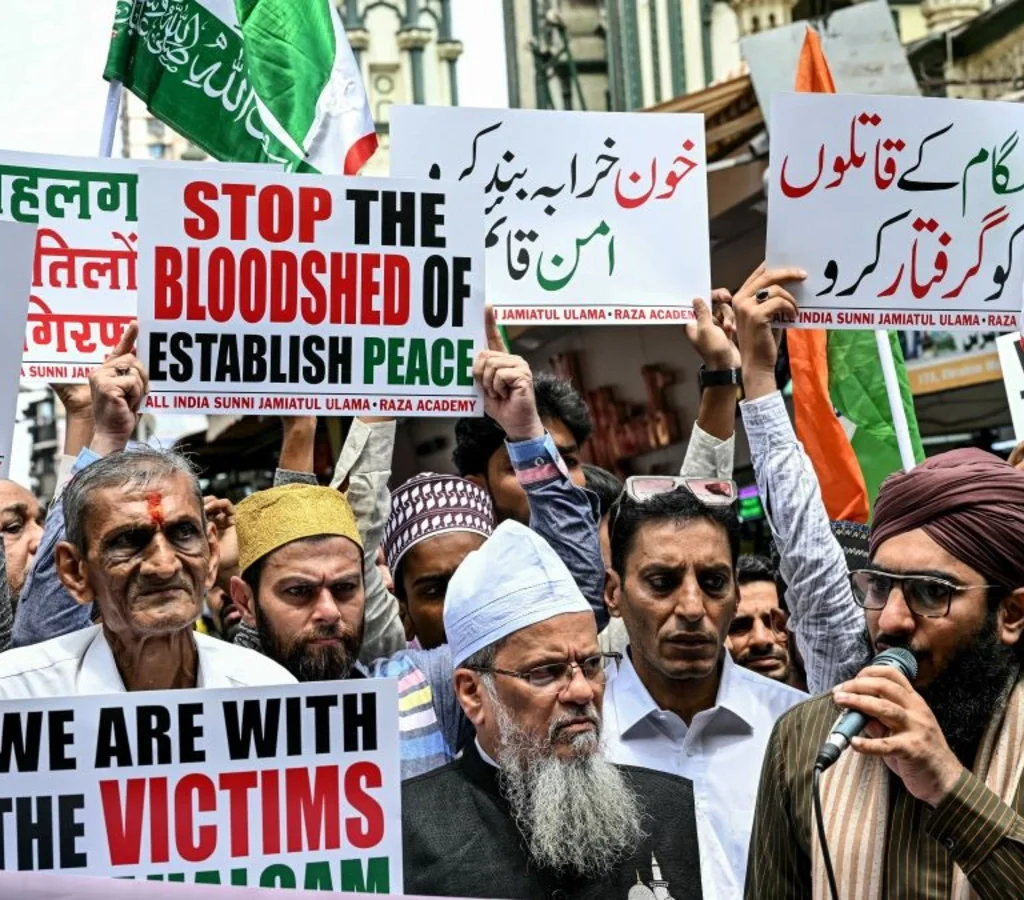
The Risk of Military Escalation
India’s response to the attack has been swift, with a combination of military and diplomatic measures. Indian officials have not ruled out military action in retaliation, and the situation on the ground remains volatile. The Indian government, led by Prime Minister Narendra Modi, faces growing pressure from the public and the media to take strong action in the wake of the attack.
Modi’s government has built a reputation for being tough on security, and suspending the IWT could be framed as a demonstration of India’s resolve. However, such actions could further inflame tensions with Pakistan, which is already on high alert. The risk of military escalation remains a serious concern, with both sides on the brink of a full-blown conflict.
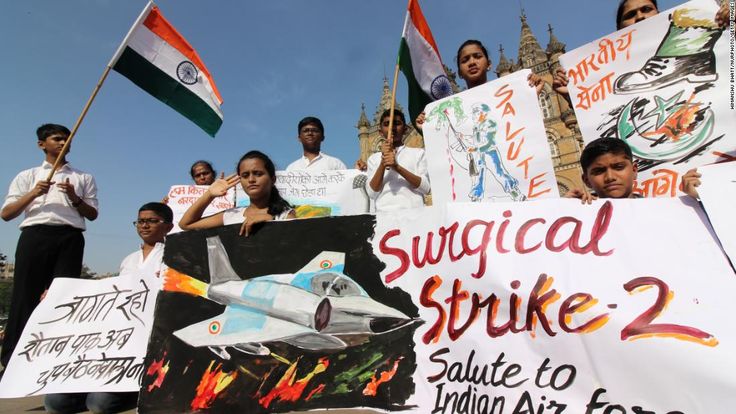
What’s Next?
The escalation of tensions between India and Pakistan following the Pahalgam attack has brought the Kashmir issue back into the global spotlight. With both countries being nuclear-armed, any military confrontation would have catastrophic consequences not just for the region, but for global security. The international community must work together to prevent further violence and encourage both nations to de-escalate the situation.
India’s move to suspend the Indus Waters Treaty is a stark reminder of the volatile and unpredictable nature of the Kashmir conflict. With no easy solutions in sight, both India and Pakistan will need to make difficult decisions about how to manage their ongoing territorial dispute. The coming weeks and months will be crucial in determining whether this latest crisis can be contained or whether it will spiral into something far more dangerous.
Author Profile
- Syed Tahir Abbas is a Master's student at Southwest University, Chongqing, specializing in international relations and sustainable development. His research focuses on U.S.-China diplomacy, global geopolitics, and the role of education in shaping international policies. Syed has contributed to academic discussions on political dynamics, economic growth, and sustainable energy, aiming to offer fresh insights into global affairs.
Latest entries
 U.S. Foreign PolicyFebruary 2, 2026AI and Grand Strategy: The Case for Restraint – Navigating the Future of American Power
U.S. Foreign PolicyFebruary 2, 2026AI and Grand Strategy: The Case for Restraint – Navigating the Future of American Power National SecurityJanuary 31, 2026Treating China’s Connected Energy Systems as a National Security Risk
National SecurityJanuary 31, 2026Treating China’s Connected Energy Systems as a National Security Risk Global HealthJanuary 29, 2026The Future of the WHO—and How the United States Can Shape It
Global HealthJanuary 29, 2026The Future of the WHO—and How the United States Can Shape It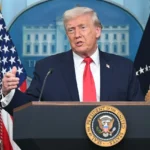 Global TradeJanuary 22, 2026Trump Cancels Tariffs on European Nations Over Greenland Pursuit?
Global TradeJanuary 22, 2026Trump Cancels Tariffs on European Nations Over Greenland Pursuit?

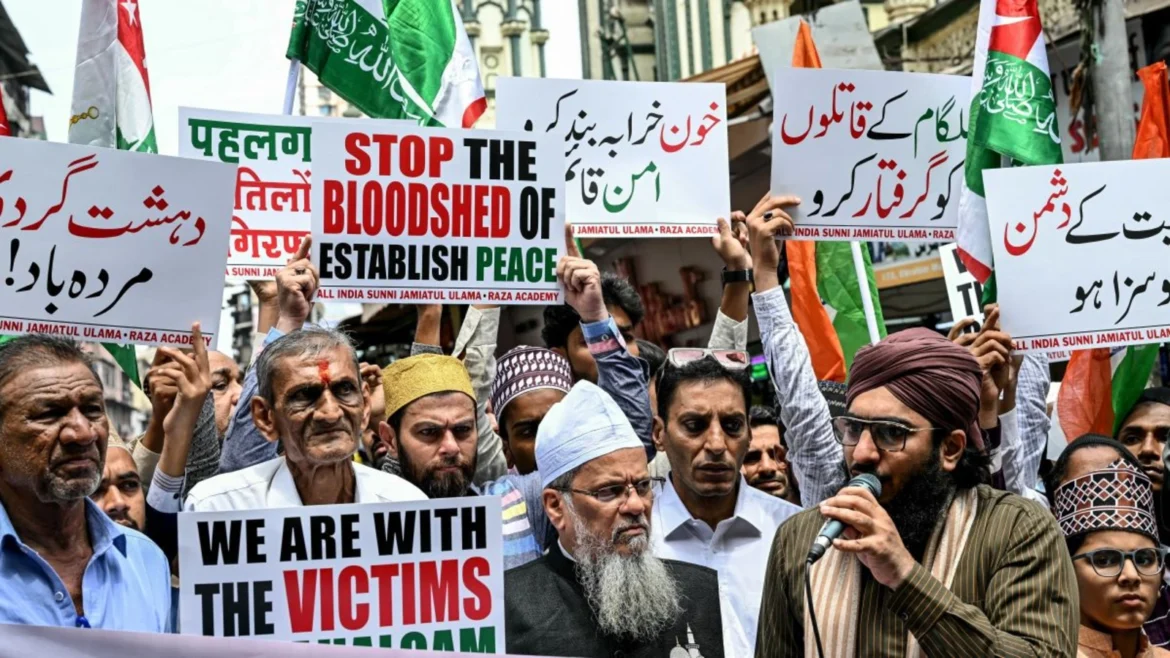

1 comment
Your blog posts are always so captivating! The way you present the information is truly engaging. I find myself hanging on to every word, and you always leave with something new learned. Can’t wait for your next amazing update! 👏